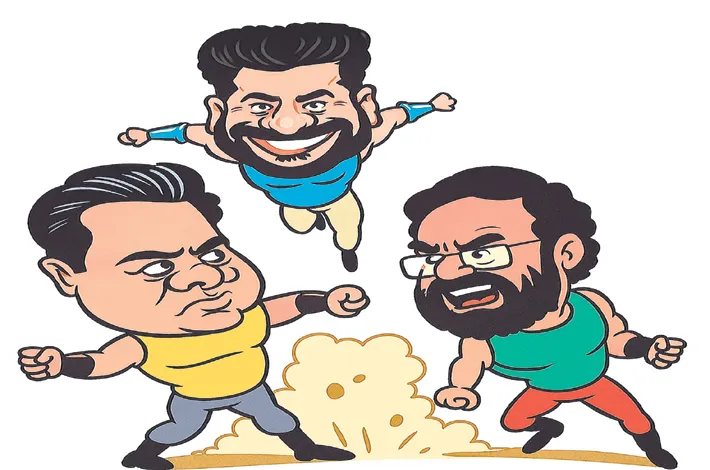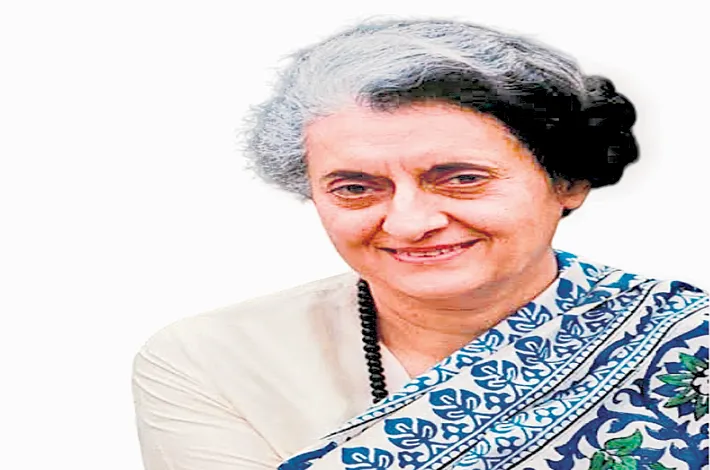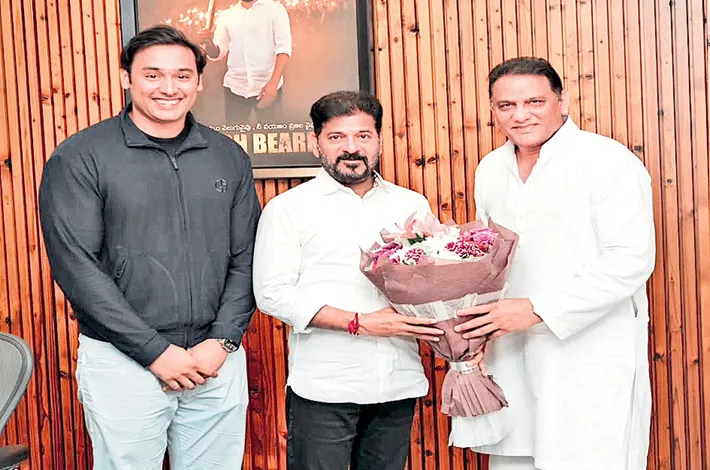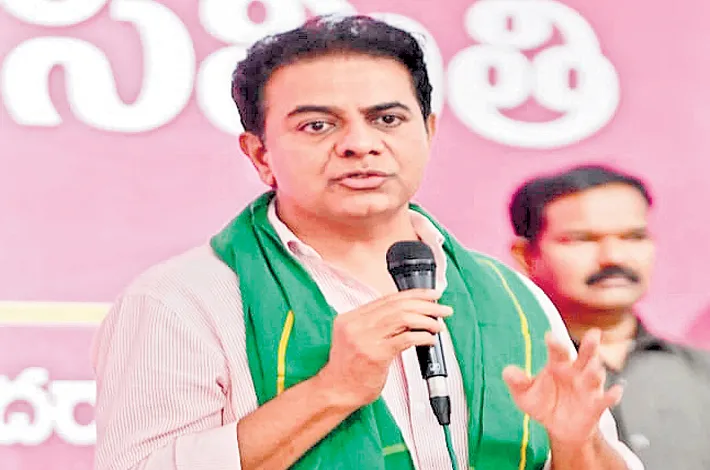Corruption cases reveal similar patterns of political abuse
27-10-2025 12:00:00 AM
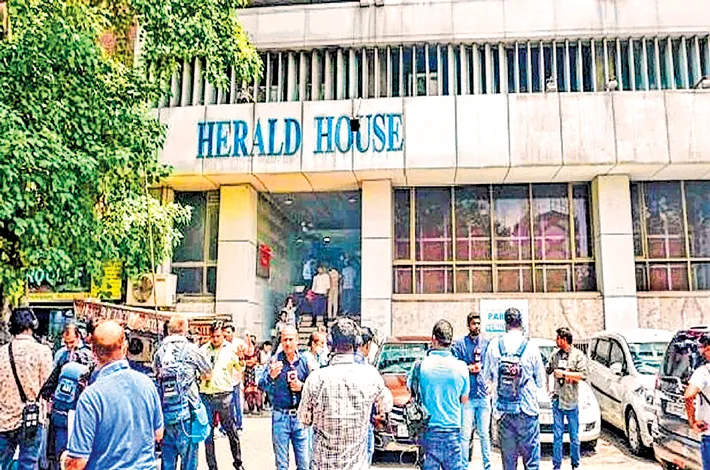
From IRCTC to National Herald, India’s corruption template remains unchanged—power, privilege, and public loss endure.
According to the Central Bureau of Investigation (CBI) charge sheet, between 2004 and 2009, when Lalu Prasad Yadav was Union Railways Minister in the UPA government, two IRCTC hotels, BNR Ranchi and BNR Puri, were leased to a private company named Sujata Hotels for maintenance on mutual backscratching basis. In return for a prime land in Patna transferred to a private company controlled by Lalu Yadav, his wife Rabri Devi and their son Tejasvi Yadav for a throwaway price of ₹1.5 crore, the tender process for lease of the two IRCTC hotels were suitably tweaked to ensure Sujata Hotels bagged the contract.
The pathology and template of awarding prestigious and valuable governmental contracts has remained the same: sacrifice public interest in favor of the narrow personal interests of those in positions of power. In 2012, the Supreme Court of India cancelled 122 2G telecom licenses that were granted between 2008 and 2009. The court declared the allocation process, which was based on a first-come, first-served (FCFS) policy, to be illegal and arbitrary. The licenses were scrapped because the court found that the policy was "wholly arbitrary, capricious and contrary to public interest" and that natural resources like spectrum should be allocated through auctions. The Court cancelled the licenses on the ground that FCFS was as opaque as it was corruption-prone. The license fee was around ₹1730 crore but were sold back-to-back to telecom operators for a hefty ₹10,000 crore by the beneficiaries of the FCFS regime including sundry vegetable oil vendors and others who had no interest in telecom. P. Chidambaram rationalized the modus operandi as smartness little realizing that the difference between 10,000 crore and 1730 crore ought to have augmented governmental coffers instead of getting shared by the middlemen-applicants and the ruling dispensation.
National Herald case is also of a piece with the same modus operandi: hijacking prime property by the powerful and the mighty. During the investigation, the ED purportedly found that Associated Journal Ltd (AJL), founded by Pandit Jawaharlal Nehru way back in 1938, roping in several other freedom fighters, closed its publishing operations in 2008 but had several prime immovable properties estimated to be worth `2000 crore. Though it had to repay a loan of `90.21 crore to the All-India Congress Committee (AICC), the AICC treated the loan as non-recoverable and sold it to Young Indian, in which Rahul Gandhi and Sonia Gandhi have 38% equity stakes each, for just `50 lakh. After purchasing the loan, Young Indian demanded either repayment of the loan of `90.21 crore or equity shares of AJL. In an Extraordinary General Meeting of AJL, a resolution was passed to increase the share capital and issue fresh shares worth `90.21 crore to Young Indian, thereby reducing the stakes of other shareholders to just 1%.
That AJL was hijacked by the Gandhis is clear as day light by connecting the dots but the Congress shrugs off the matter as internal. Corruption doesn't emanate only from plundering government resources; it also emanates from hijacking of institutions and companies where there is a large public interest. The Congress defends the hijacking saying both AJL and Young Indian are not-for-profit organizations. Their defence ignores the fact that worldwide, not-for-profit organizations are looked upon with deep suspicion of facilitating luxurious lifestyles of the authors and select beneficiaries often at the expense of taxpayers as in India where charlatan charities too beget income tax exemption alongside genuine charities.
There is a mistaken view that under the Prevention of Corruption Act, the onus of proving corrupt practices is not on the prosecution but on the accused public servant. But this seeming easing of way for the prosecution is hemmed in with restrictions. The presumption arises under Section 20 of the Act when the prosecution proves that the public servant has accepted or obtained an undue advantage. Crucially, the Supreme Court has clarified that this presumption applies only after the prosecution first establishes the foundational fact beyond a reasonable doubt. Thus, the public servant more often than not walks away as he doesn't leave any tell-tale evidence of demand of illegal gratification.
That Lalu Yadav has been convicted in as many as five fodder scam cases is perhaps one of the few cases of a politician being nailed. PV Narasimha Rao served time in prison for bribing JMM MPs who innocently deposited their bribe money in their Delhi bank accounts thus leaving a tell-tale mark. Jayalalitha too was convicted posthumously in disproFor financial crimes, disgorgement is the most appropriate punishment in addition to the prison term. After all it is the taxpayers' money that the public servants have played ducks and drakes with. In all fairness, they should be asked to disgorge the ill-gotten wealth into the exchequer.





